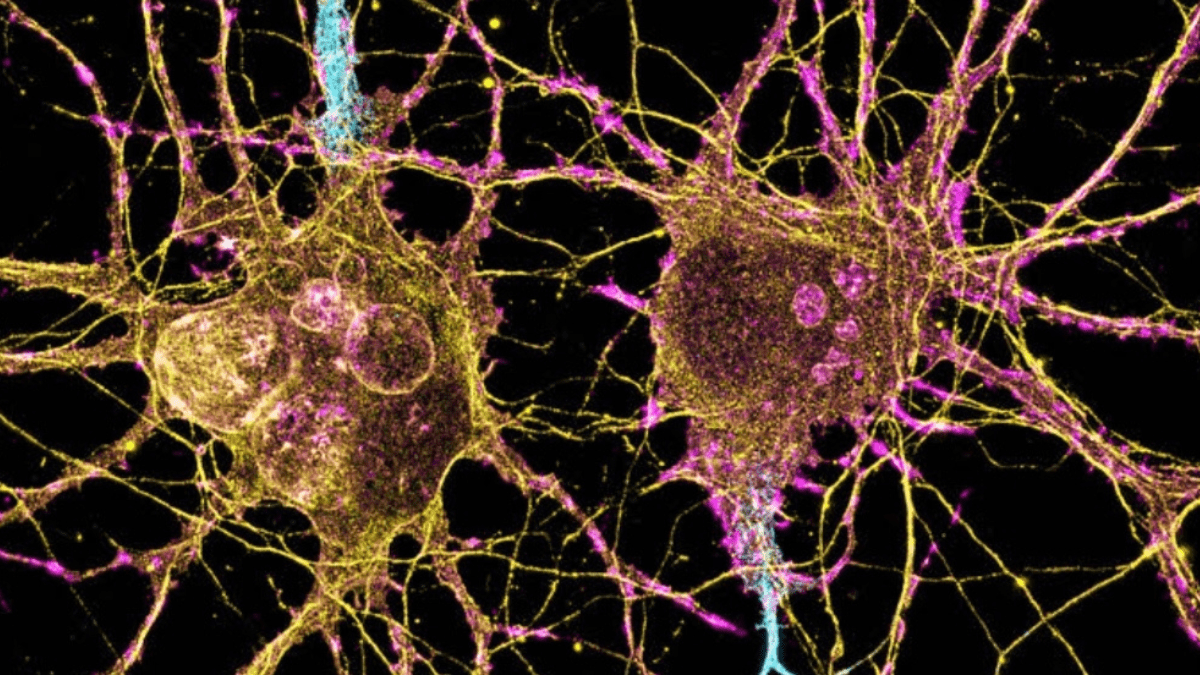According to a recent experimental study, social distancing from those who have been diagnosed with mental illness is influenced by genetic explanations of psychiatric diseases.
People who have a diagnosed mental health issue are socially shunned by those who offer genetic explanations for mental disease. A recent study that was published in Psychiatric Services examines how the public’s image of a diagnosed person is influenced by explanations regarding the cause, severity, and kind of mental illness.
The study’s findings challenge popular beliefs that biological explanations of stigma are supposed to lessen but actually make it worse.The writers are an interdisciplinary research team from the University of Nevada’s Department of Sociology, under the direction of Marta Elliott.
Through an international study effort, scientists have discovered a connection between brain metabolism issues and a variety of neuropsychiatric and neurodegenerative illnesses, including Alzheimer’s disease and autism.
These disorders, along with depression, epilepsy, schizophrenia, intellectual disability, and bipolar disorder, all include some degree of cognitive impairment while having different symptoms. They also frequently have genetic or metabolic similarities that point to a shared biological origin.
The International Brain pH Project Consortium, a large collaborative effort including 131 scientists from 105 labs across seven countries, has determined that variations in animal brain acidity and lactate levels are important indicators of this metabolic disorder.
Its generalizability to other disease animal models is questionable due to the paucity of studies on this phenomenon in animal models.
The research could result in improved methods for identifying and managing these complicated conditions, which impact a significant section of the world’s population.
